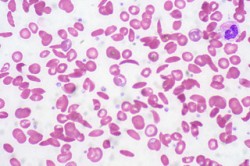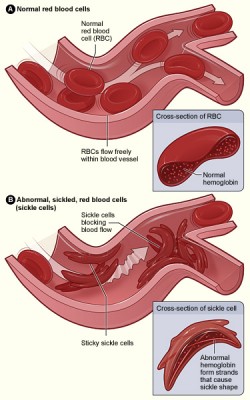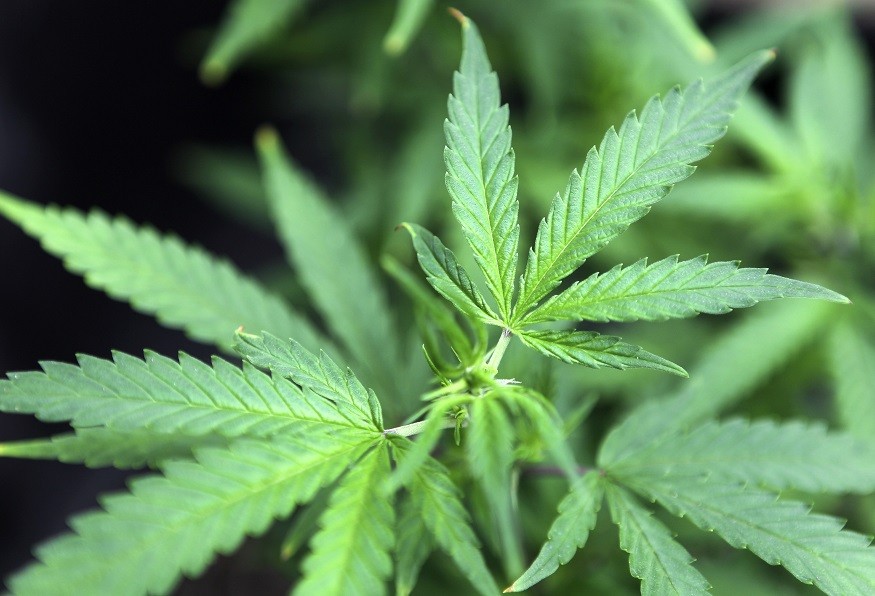
“The medicinal power of Marijuana is well documented throughtout history
Back in 2700 BC, According to Chinese lore, the Emperor Shen Nung, considered the Father of Chinese medicine, in 2700 BC ,discovered the healing properties of Marijuana as well as Ginseng and Ephedra.
Throughout recorded history, the use of Medical Marijuana has been linked to the ancient Egyptians, Persians, Greek civilizations, George Washington, Queen Victoria and even mainstream medicine by the 1840s.
From the 1850s to Y 1942, Marijuana was listed in the United States Pharmacopeia, an official public standards-setting authority for all prescription and over-the counter medicines, as a treatment for tetanus, cholera, rabies, dysentery, alcoholism, opiate addiction, convulsive disorders, insanity, excessive menstrual bleeding and many other health problems. My father was a Dental doctor and had a license to dispense the drug, pharmacies carried it back then.
During that same time frame prohibition gained popularity, that along with a growing “faith” in federal government.
By Y 1937, the United States passed its 1st federal law against Marijuana despite objections by the American Medical Association (AMA).
In fact, Dr. William C. Woodward, testifying on behalf of the AMA, told the US Congress:
“The American Medical Association knows of no evidence that Marijuana is a dangerous drug.”
He warned that a prohibition “loses sight of the fact that future investigation may show that there are substantial medical uses for Cannabis.”
Today, we see a growing trend of acceptance of Marijuana for its medicinal purposes.
Dr. Sanjay Gupta, CNN’s chief medical correspondent, reversed his Y 2009 opinion against Marijuana when he said, “We have been terribly and systematically misled for nearly 70 yrs in the United States, and I apologize for my own role in that.”
Now people including lawmakers are seeing the legalization of Marijuana in states like Colorado and Washington for “recreational” purposes. Most Americans are in favor of Medical Marijuana, and the legalization of this drug.
The Big Q: why does the federal government want to ban its usage?
The Big A: it is all about control and money, and there is a major market for it, plus it poses a major threat to the pharmaceutical industry.
Below are just a few of the many health benefits associated with Medical Marijuana:
1. It can stop HIV from spreading throughout the body.
2. It slows the progression of Alzheimer’s.
3. It slows the spread of cancer cells.
4. It is an active pain reliever.
5. It can prevent or help with opiate addiction.
6. It combats depression, anxiety and ADHD.
7. It can treat epilepsy and Tourette’s.
8. It can help with other neurological damage, such as concussions and strokes.
9. It can prevent blindness from glaucoma.
10. Its connected to lower insulin levels in diabetics.
Contrary to popular notions, many patients experience health benefits from Medical Marijuana without “getting stoned.””
http://www.livetradingnews.com/medical-marijuana-helps-cure-chronic-disease-55569.htm#.U6VjgZRX-uY







